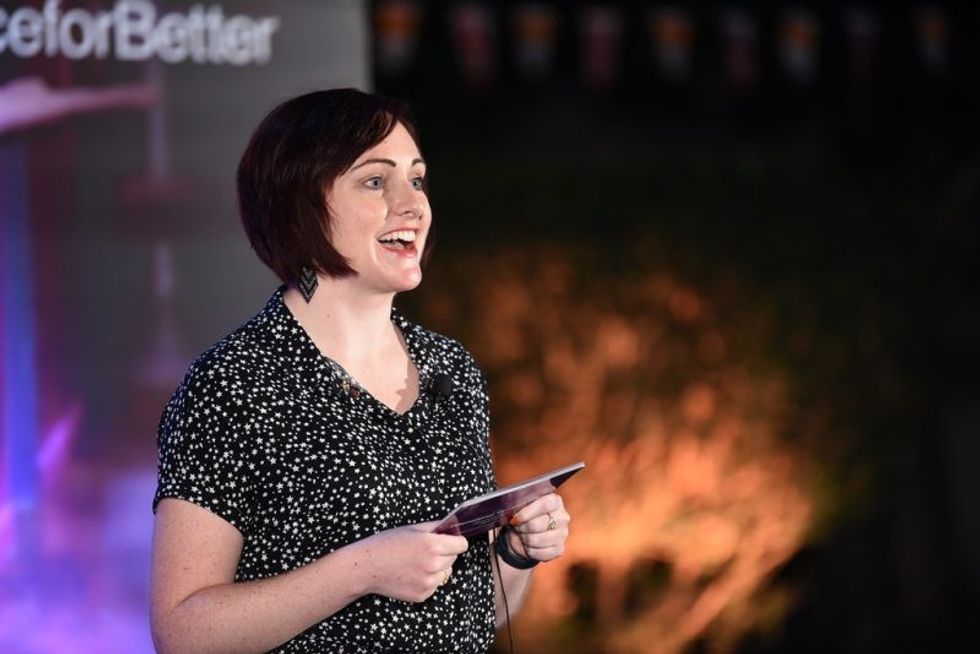SOCIAL media went abuzz following the wedding of a British diplomat with an Indian filmmaker last week.
As Rhiannon Harries, the UK’s deputy trade commissioner for South Asia, posted a photo of her wedding with “the love of my life”, congratulatory messages flooded on Twitter.
As a smiling Harries is seen holding filmmaker Himanshu Pandey’s hand, her typical Indian wedding attire and jewellery caught social media users’ attention, as did her message.
“When I arrived in #India nearly 4 years ago, I had many hopes & dreams for my time here. But never did I imagine I would be meeting & marrying the love of my life. I found such happiness in #IncredibleIndia & so glad it will always be a home,” she tweeted.

Her message, posted on Friday (18) with the hashtags #shaadi (wedding), #livingbridge and #pariwar (family), gathered more than 34,000 likes till Tuesday (22) evening.
Britain’s deputy high commissioner Andrew Fleming, who led Twitter users in congratulating her, said, “Knowing @RhiannonUKGov am sure she will be inviting all the family round for dinner as soon as it is safe.”
Another Twitter user welcomed Harries, who works in New Delhi, to “the family of 1.3 billion people”.
As messages poured in, an “overwhelmed” Harries posted another message, thanking people for “making me feel even more welcome” in India where she is “definitely feeling the love”.
“Himanshu @godrockfilms & I are overwhelmed by the beautiful messages of congratulations on our #shaadi from across #India & beyond. Thank you for making me feel even more welcome in #IncredibleIndia - definitely feeling the love!”
Pandey is the founder and director of Godrock Films.




